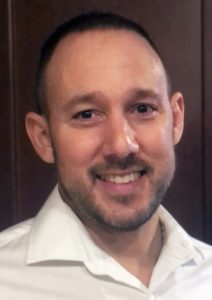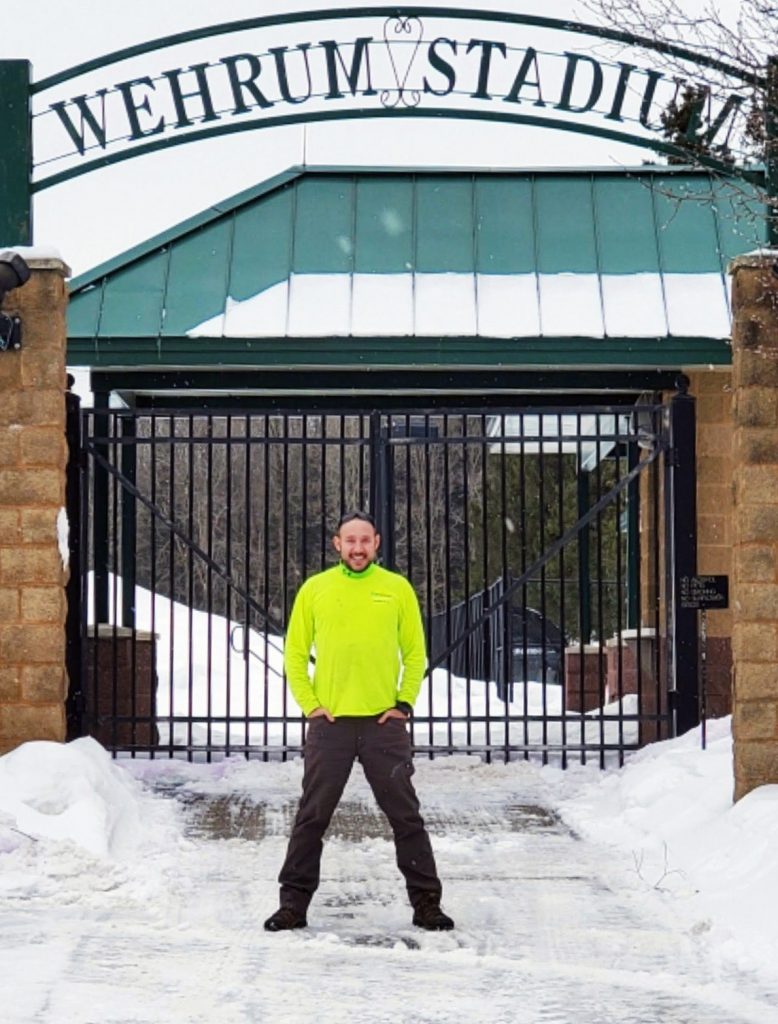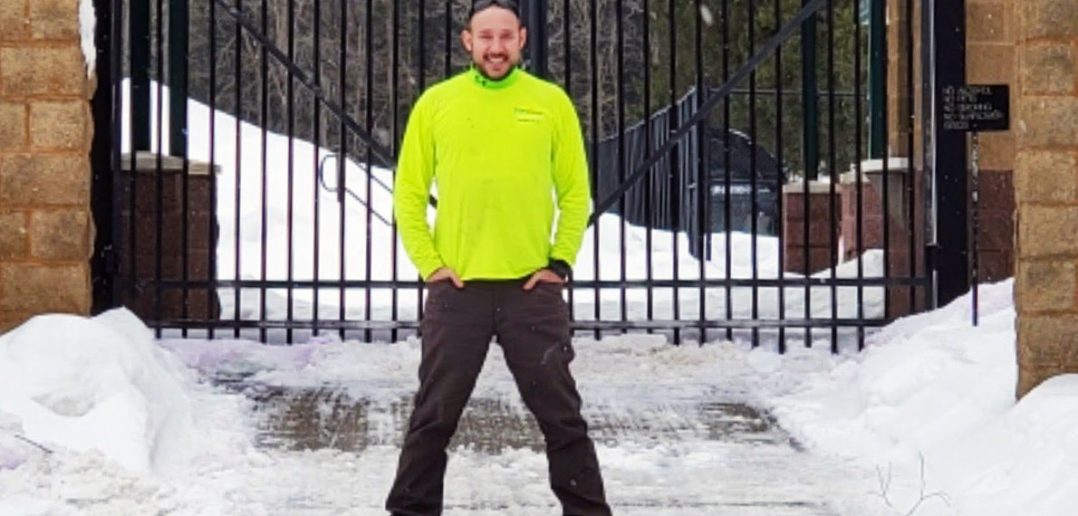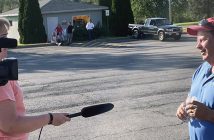
Paul
HERKIMER — Bobby Paul, a CSEA member and groundskeeper at Herkimer County Community College, usually toughs it out if he’s feeling sore.
Bad winter weather can extend shifts to 10, 12, or 14 hours. But when the pain in Paul’s neck became really bad a year ago, he decided to get it checked out at a doctor.
Two hours after returning to work, he got a call. He did, in fact, have some arthritis in his neck, but the results from his bloodwork concerned his doctor.
After seeing a blood specialist and having a bone marrow test, on Feb. 4, 2020 — World Cancer Awareness Day — Paul was diagnosed with APL leukemia, a rare form of cancer.
“I ended up going to the hospital for the next two months; it all really went downhill,” Paul said. “I completely lost vision in my left eye and [doctors]thought I had a stroke. My neurologist told me my white blood cell count was the highest he’d seen in years. I was put on painkillers and there was a 12-day stretch that I don’t even remember.”
His doctors weren’t sure if he was ever going to get his vision back, but Paul had bigger worries — trying to live.
Making it through the process
After a tough fight, Paul was released in late March 2020 and was told he’d need to continue treatments daily until at least October — all of this during the middle of the COVID-19 pandemic.
Paul has been a CSEA member for 17 years. Before he worked at the college, he worked at the Herkimer County office building for 10 years.
“I always made it a point to save my vacation and sick time,” Paul said.
But that time was going to be exhausted by June. If he was going to keep his insurance, which his 4-year-old daughter was also on, he’d have to pay around $1,200 out-of-pocket — all without being on the books and receiving a paycheck.
CSEA representatives, including Herkimer County Unit President Jennifer Giaquinto, and the county’s Personnel Department were able to step in and reach an agreement to help Paul with a one-time Memorandum of Agreement allowing co-workers to donate their sick time.
“I remember getting a call and being told I was going to have enough time to get me to the new year,” Paul said.
That was just after the first day allowing co-workers to donate the time.
Union-negotiated health insurance
Paul finished his treatments in October 2020, found out he was in remission and proudly rang the bell signifying a milestone in cancer treatment.
When dealing with cancer, or any other sort of debilitating illness, he says the last thing that should be on your mind is how you’re going to afford treatment. Union negotiated benefits and insurance go a long way.
“To find a job with this type of insurance, the benefits, and the retirement in this area, is huge,” Paul said.
Paul has, and still does, receive bills for large amounts of money. But when he looks at what the patient responsibility cost says, he’s relieved.
“Thank God our (union-negotiated) health insurance is phenomenal. I knew I had good insurance, but I never truly knew just how good,” Paul said. “That was a huge and comforting thing to know that whatever I’m going to go through, I’m going to be able to get the best treatment.”

Bobby Paul, 41, recently returned to work as a groundskeeper at Herkimer County Community College after battling a rare form of leukemia. (Photo provided)
Returning to work
Paul returned to work on Feb. 3, 2021, almost a year to the day he learned of his diagnosis. He wasn’t able to return sooner until his immune system was strong enough. When he returned to the campus, it was emotional — and strange.
“I went back and my whole department was on quarantine, so I was like the only one there,” Paul said. “It was a lot different than when I left. There were no college kids all over and campus was empty.”
Despite the strangeness of the “new normal,” Paul says he has a new appreciation for being able to work again.
“Being able to go back to work and give back to a community that did so much for me and my family at my lowest point; it makes you want to go the extra mile,” Paul said.
— Nicholas Newcomb




